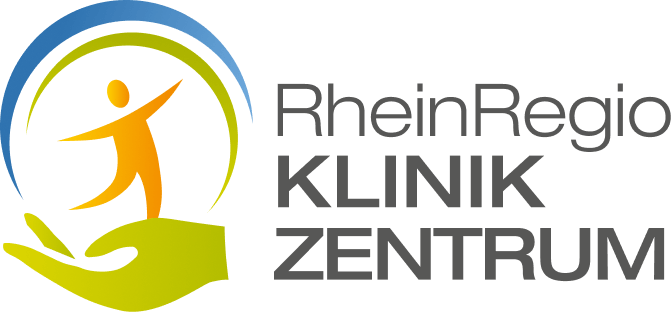A new chance for diabetes patients

An innovative endoscopic procedure, combined with comprehensive pre- and post-treatment care, is introducing a new option for diabetes patients. It will be presented for the first time in Germany in Duesseldorf.
Treating type 2 diabetes is highly individual, complex, and often lengthy. Around 10 percent of Germany’s population suffers from this chronic metabolic disorder, which is rapidly spreading worldwide and is characterized by elevated blood sugar levels. Genetic predisposition, poor diet, and lack of physical activity are common causes of insulin resistance, which — if untreated — can lead to heart attacks or strokes.
Doctors in Düsseldorf will present a new treatment option for diabetes patients at the Endoscopy Symposium on February 3rd, featuring a live procedure — the first time this will be done in Germany. The DMR (Duodenal Mucosal Resurfacing) method, also known as Revita, is an endoscopic procedure that reduces the mucosal lining of the duodenum using heat. This first part of the small intestine has a vital role: it mixes food with gastric juices and digestive enzymes to break it down for optimal absorption. When the lining is thickened — often due to poor diet — the release of gut hormones is reduced, potentially leading to the development of type 2 diabetes.
The new Revita technique shows promising results: a balloon, introduced endoscopically (like a gastroscopy), is filled with hot water to ablate the thickened mucosal tissue. Within days, this restores normal function and hormone release. The procedure itself takes about 30 minutes under light sedation but only serves as the foundation for further treatment, which critically depends on the patient’s lifestyle change.
Comprehensive care before and after the procedure is overseen in Düsseldorf by Prof. Dr. Stephan Martin, Chief Physician for Diabetology at the Association of Catholic Clinics of Duesseldorf (VKKD) and Director of the West German Diabetes and Health Center. “The treatment can only succeed if gastroenterologists and diabetologists work together. Our care starts before the procedure,” Martin explains. Not every patient is eligible: “A change in diet is absolutely essential after the procedure to keep the new intestinal tissue healthy, lower blood sugar levels, and possibly reduce or eliminate medication. Liver function values — including fatty liver — also show marked improvement.”
This combination of lifestyle and dietary changes, supported by an endoscopic “jumpstart,” represents a promising new treatment path for type 2 diabetes. The procedure will be presented by PD Dr. Torsten Beyna, Chief Physician of the Medical Clinic at EVK Düsseldorf, during the 25th International Endoscopy Symposium on February 3rd. The live procedure will take place in the hospital’s endoscopy department. Treatment will soon be available in Düsseldorf, Freiburg, and Munich, with scientific oversight.
Interested in the DMR procedure? Feel free to contact us!
